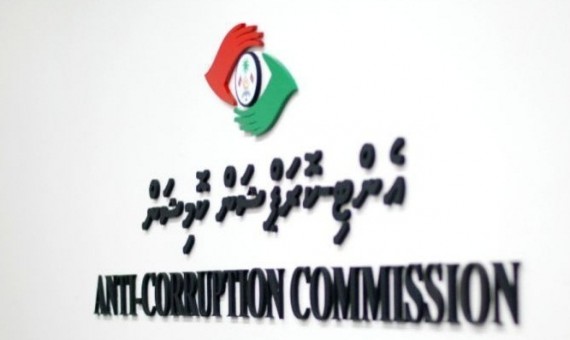
Anti-Corruption Commission (ACC) has concluded a case submitted to the commission also addressed in the Ministry of Health and Family’s audit report 2010 (number: FIN-2012-4) claiming that after the duration of a warehouse leased by the Ministry ended on March 2009, 11 months passed by without any arrangement of a new warehouse upon which the landowner issued the bills for the unpaid months and the Ministry made an agreement with the landowner at a later date, in order to make payments for the bills after being informed by the Ministry’s Accounts Division that the payments can only be issued on the basis of an agreement.
Upon investigation, it was found that the agreement made on 10 March 2008 to lease a warehouse for the Department of Medical Services reached its deadline on 10 March 2009. However, the documents collected by the commission revealed that even after the due date, the forenamed agreement was not renewed. Moreover, number 55-2009 statement released by the President’s Office revealed that the Department of Medical Services was closed down on 28 July 2008 and its responsibilities and duties will be handed over to the Health Ministry. Additionally, the agreement created with regards to the warehouse on 2010, states that the purpose of the agreement is to make the payments for the unpaid months, after the Health Ministry’s account division informed that the payments can only be made with the existence of an agreement.
The agreement made regarding the warehouse on 2010 and the documents collected by the commission shows that the Department of Medical Services’ stock were held in the warehouse under discussion even after the agreement created on 2008 reached its deadline.
As per the agreement made on February 2010, it was evident that the stock was held in the warehouse even after the agreement’s due date since there were delays in the allocation of a new warehouse. ACC’s investigation revealed that during that particular period, besides the warehouse under discussion, several other warehouses were also being utilized post to its respective deadlines. Hence, ACC did not find any evidence proving that the Ministry’s actions were executed for the purpose of providing an undue advantage to a third party. Thereby, the investigation did not reveal any contraventions with the law number 2/2000 (Prevention and Prohibition of Corruption Act), in this case. Hence, the case was concluded under section 25 (a) (1) of law number 13/2008 (Anti-Corruption Act), as there was no offence of corruption in the case.




